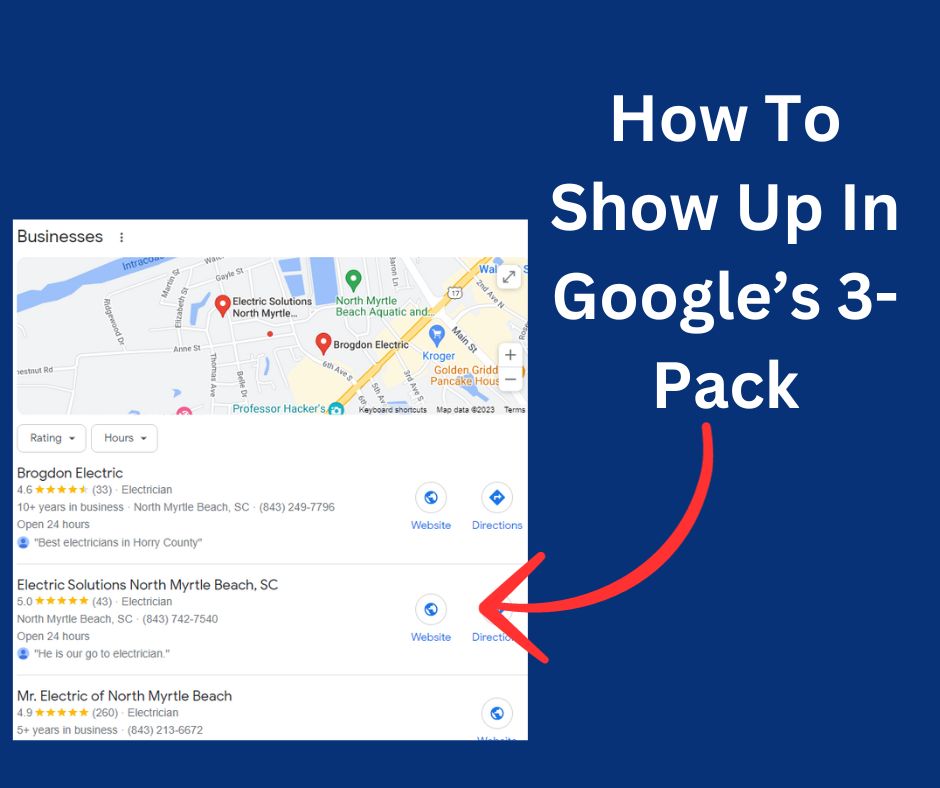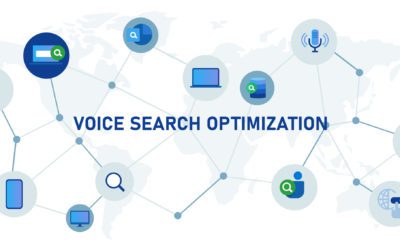Replaced With New Metrics
Google Analytics is one of the most popular web analytics tools used by businesses worldwide to better understand their online audience. It has been an indispensable tool for marketers and website owners to track visitor behavior and identify areas for improvement. One of the metrics that had been a staple of Google Analytics was the bounce rate, which was used to indicate how many visitors left a website after viewing just one page. However, in recent years, Google has eliminated the bounce rate from GA, which has raised many questions among webmasters and SEO professionals.
Why Did Google Eliminate Bounce Rate?
So, why did Google eliminate the bounce rate from GA? The answer lies in the evolution of the way people use the internet. When bounce rate was first introduced, it was a useful metric for determining how engaging a website was for visitors. Websites with a high bounce rate were often considered poorly designed or not informative enough. However, as the internet has evolved, so has the way people use it. Today, visitors may come to a website for a quick answer to a specific question, or to get a phone number or address. They may not need to navigate to other pages on the site, but that doesn’t mean the website is poorly designed or uninformative.
Another reason why Google eliminated the bounce rate from GA is that it was becoming less useful as a metric for measuring engagement. With the rise of single-page applications and dynamic content, visitors may spend a lot of time on a single page without navigating to other pages on the website. In such cases, the bounce rate would be misleading, and may not accurately reflect the engagement level of the visitor.
New Metrics
Google has also introduced new metrics in GA that are more relevant to today’s internet landscape. For example, user engagement metrics like session duration, scroll depth, and event tracking can provide more detailed insights into how visitors are interacting with a website. These metrics can help businesses identify areas for improvement and optimize their websites to keep visitors engaged.
Session Duration
Session duration is a metric that tracks the amount of time a user spends on a website in one session. It is measured from the moment they land on the page to when they leave or close their browser window. This metric can help identify which pages visitors are spending more time on, as well as how long people stay engaged with your website overall.
Scroll Depth
Scroll depth is a metric that tracks how far down the page visitors scroll. This information can be used to determine what content is engaging readers and where they may lose interest.
Event Tracking
Event tracking is a powerful analytics tool that lets businesses track user interactions with page elements, such as clicks or form submissions. Event tracking can help identify which areas of the website are drawing visitors’ attention and allow businesses to make informed decisions about their content and design.
Event tracking measures user interactions with elements on a website, such as clicking buttons or links. It is useful for understanding which features are being used and how effective they are in getting the desired results. For example, businesses can track downloads of PDFs or signups for newsletters to better understand the success of their campaigns.
Scroll depth is a metric that measures how far down the page visitors have scrolled before leaving. By understanding how much of each page users read, businesses can optimize content for better engagement.
Conclusion
The elimination of the bounce rate from GA was a logical decision by Google. While it may have been a useful metric in the past, it is no longer as relevant in today’s internet landscape. Instead, Google has introduced new metrics that can provide more detailed insights into visitor behavior and engagement. As businesses continue to optimize their websites for success, these new metrics will play an increasingly important role in understanding and improving the user experience.






